
AFTCO and the Shedd family contribute at least 10% of company profits towards organizations and causes working to conserve our oceans, waterways, and fish populations while protecting angler rights and public access to these resources.
2005 to 2025
20 Years. $9+ Million Donated.
From 2005 to 2025, AFTCO and the Shedd family have contributed $9,050,854 to conservation through our 10% Pledge. In 2025 alone, over $600,000 was donated.
A Dedication to Conservation
Alongside our conservation partners, AFTCO works to meet the most pressing challenges facing our waters and the fish that call them home.

$9.05 Million Contributed to Conservation
Direct funding for science, habitat protection, and on-the-water work.

Tens of Thousands of Volunteer Hours
Time spent in the field.

Millions of Dollars in Donated Product
Gear provided to partners, programs, and conservation efforts worldwide.
Key Contributions Since 2005
Working Together to Ensure a Sustainable Fishery for Tomorrow
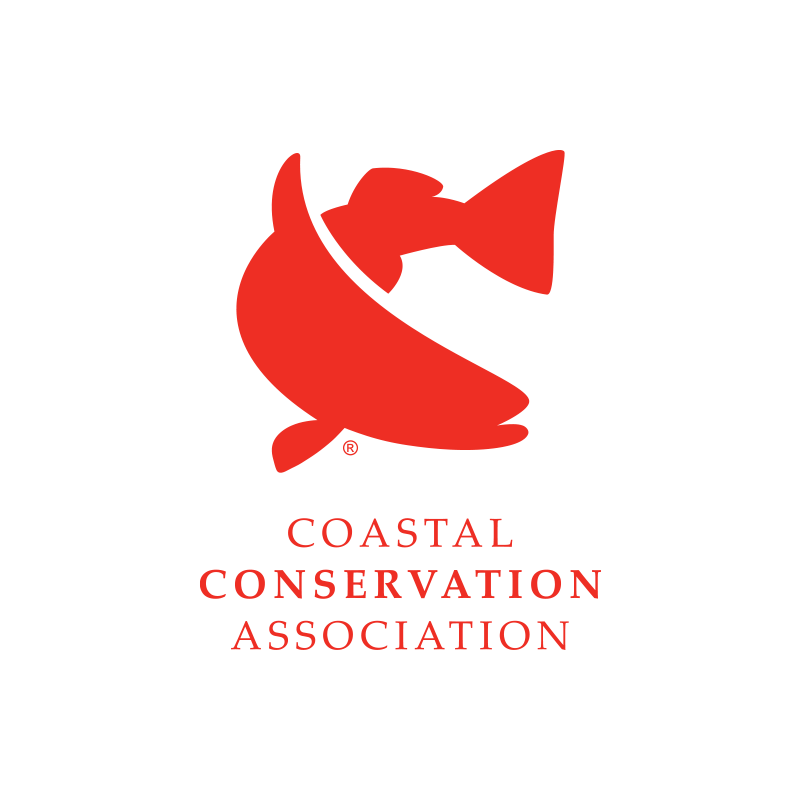


$2,420,490
Hubbs-Seaworld Research Institute Primarily in Support of White Seabass Program
Learn More


Our Conservation Focus Areas
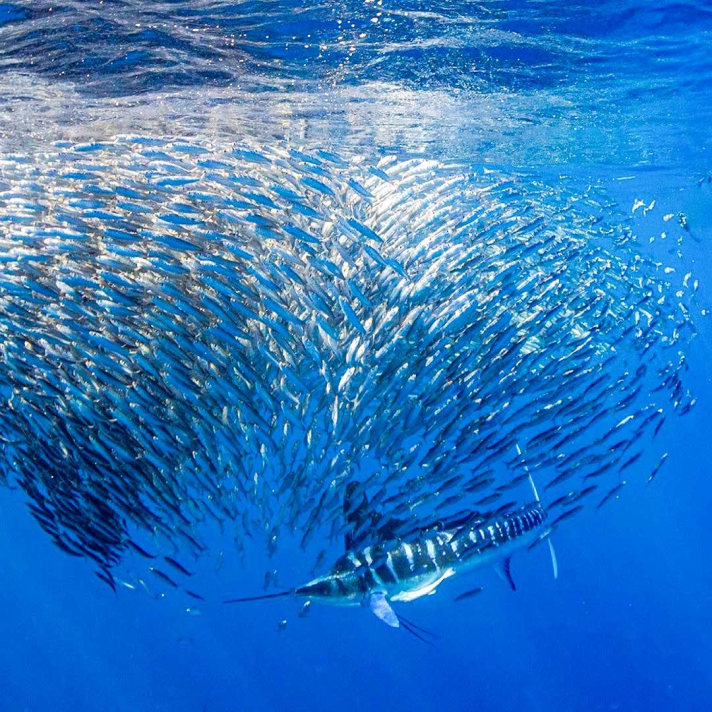
Saltwater Conservation
Since 1973, AFTCO has worked to protect saltwater species and the habitat they rely on. Together with our partners we have helped provide funding and leadership for saltwater habitat and hatcheries, pass key conservation legislation, and worked to popularize and promote research-based tagging efforts. From the fight for clean water to growing legislative complexities, we're inspired to work alongside the next generation of recreational anglers to leave the ocean better than we found it.
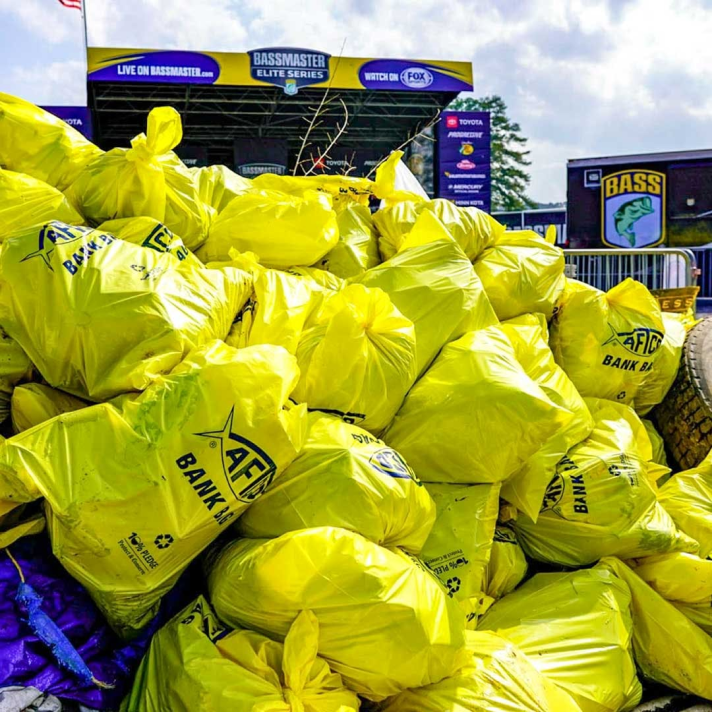
Freshwater Conservation
Freshwater conservation needs are often highly regionalized and best driven forward at the grassroots level. Our local efforts are focused on supporting state agencies and regional projects through our bass fishing conservation grant programs. Nationally, AFTCO supports the creation of artificial and natural habitats, lake cleanups, the Bass Bus Live Release Boat, and our Fish Care 101 education content.
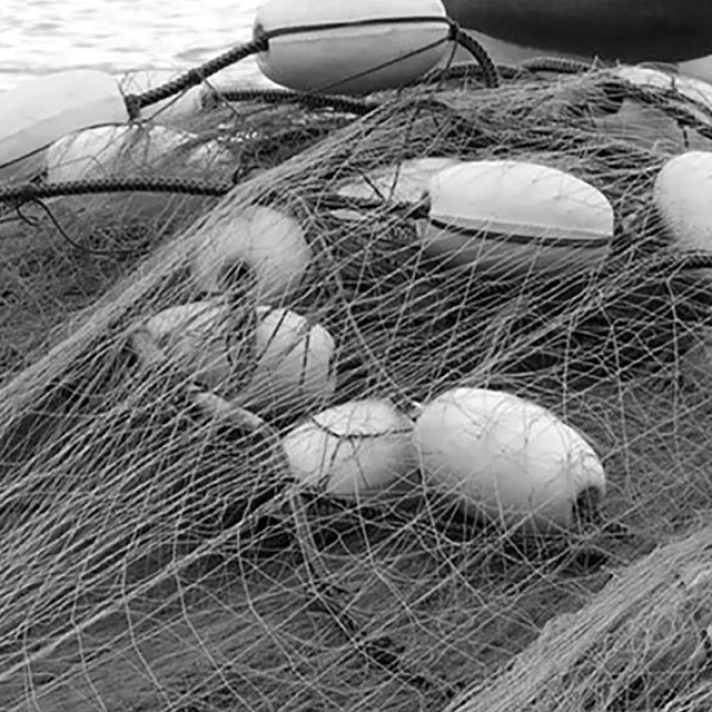
Advocacy: Fighting for Fish Through Legislation
AFTCO, like our founding Chairman Milt Shedd, has never shied away from a good fight. We work to provide on-the-ground support, time, and funding to advocacy partners working towards legislative victories. Through partnerships with recreational fishing advocates, AFTCO has helped to eliminate gillnets off the California coastline, worked to pass and promote appropriate regulation, and helped eliminate destructive industrial fishing practices.
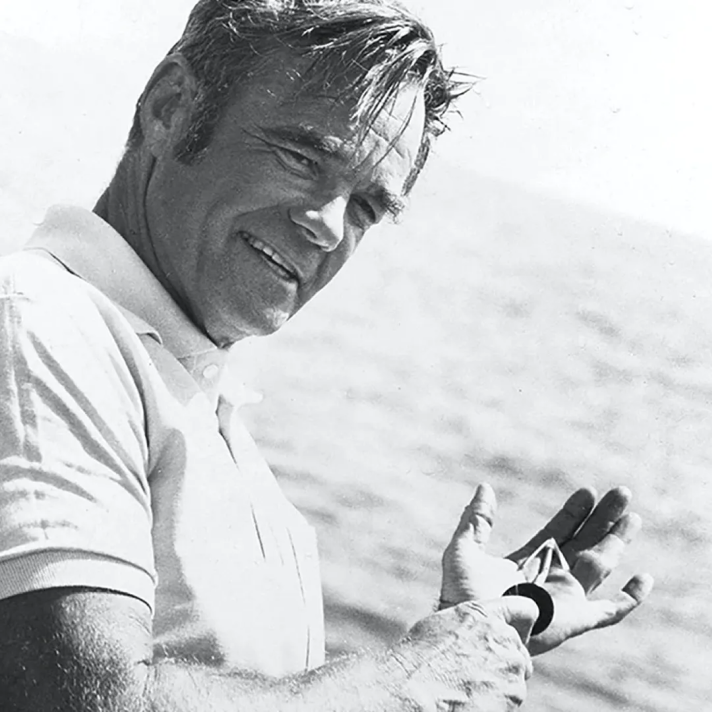
Research, Education, & Outreach
Our support of outreach organizations stems from overwhelming fact that 91% of current fishing participants started fishing at age twelve or younger. AFTCO and the Shedd family’s focus on research dates to our origins when Milt Shedd founded Hubbs-SeaWorld Research Institute (HSWRI) in 1963. Our relationship with HSWRI continues to this day, anchored around the highly successful white seabass program.
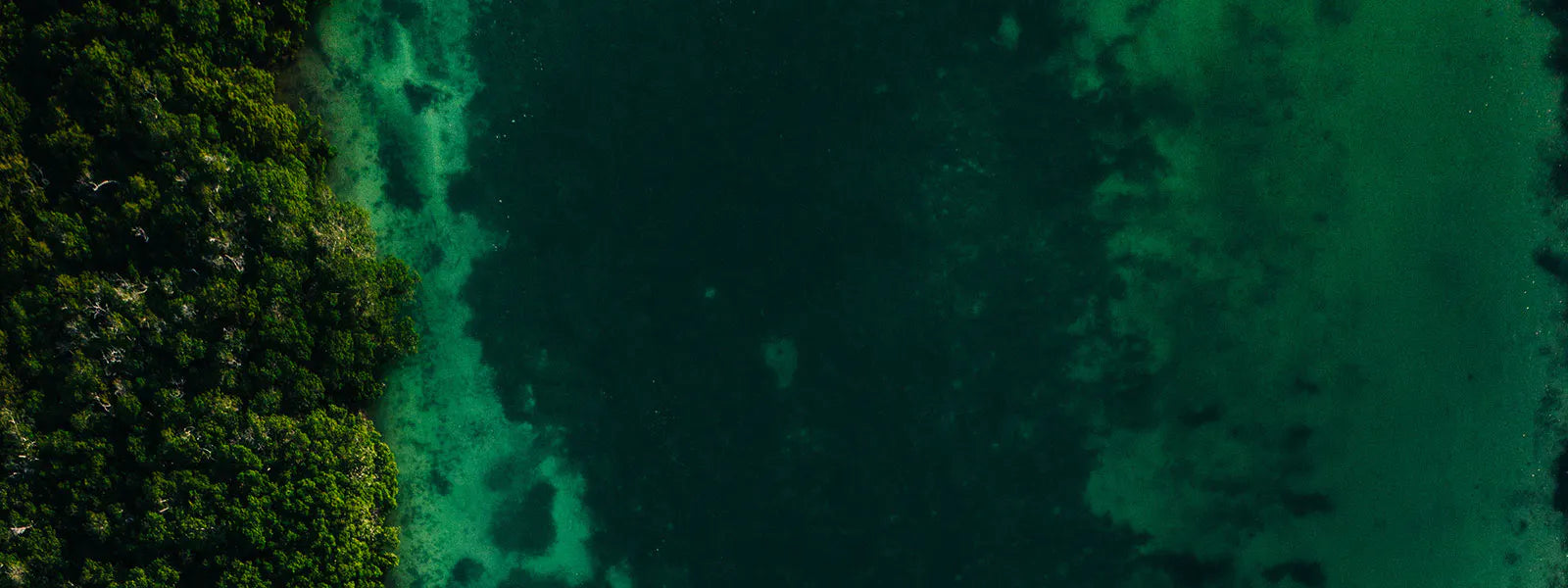

Sustainability
Our work doesn't stop with philanthropy. We are committed to reducing our operational and environmental impacts on the oceans, rivers, lakes, and land.
More About the 10% Pledge
How Does AFTCO Determine 10% Pledge Partners & Projects?
AFTCO’s conservation support focuses on areas that directly protect fisheries, water quality, and the future of fishing. These focus areas include fishing conservation advocacy, saltwater and freshwater habitat, fish hatcheries, protection of public fishing access, youth fishing engagement and education, clean water initiatives, scientific research, and fish tagging. Some donations are project-based, while others support the overall mission of our partners. Organizations classified as 501(c)(3) nonprofits are prioritized in our selection process, although an organization or project is not required to be a 501(c)(3) to qualify for support.
How Are 10% Pledge Donations Accounted For?
AFTCO’s 10% Pledge is an annual, company-wide model designed to ensure that conservation contributions grow alongside the business. The annual donation goal is for combined contributions to equal or exceed at least 10% of company profits. Company profits are calculated internally using standard business accounting practices, with accurate nonpublic recordkeeping dating to 2005. Donations are calculated on a total company basis and are not separated by individual brand or division.
Qualifying donations consist of cash contributions made by AFTCO and the Shedd family, including contributions made through the Peggie Shedd Marine Trust, directly to approved 10% Pledge partners or toward designated conservation projects. These family-funded contributions are philanthropic in nature and support conservation initiatives aligned with AFTCO’s long-standing mission. As a privately held company, AFTCO does not publicly disclose financial records or internal accounting details. The 10% Pledge is calculated annually based on company performance and is not tied to individual product purchases or transactions.
$9+ Million Contributed Since 2005
From 2005 to 2025, AFTCO and the Shedd family have contributed $9,050,854 to conservation through the AFTCO 10% Pledge. Of these funds, approximately $1.69 million came from the Peggie Shedd Marine Trust, with the remainder contributed directly by AFTCO. Totals are based on internal records. These figures do not include tens of thousands of volunteer hours or millions of dollars in donated product.
What Is Not Included In The 10% Pledge Totals?
Product donations and employee volunteer time are not included in AFTCO’s 10% Pledge contribution totals or reporting. Beyond the 10% Pledge, AFTCO also supports conservation and fishing-related causes through donated product and volunteer efforts. These contributions are made in addition to, and not counted toward, the 10% Pledge.
In Addition to the Pledge: Donated Time and Leadership Involvement
AFTCO leadership and staff donate significant time to conservation, fishing access, and sustainability efforts that support the broader sportfishing community. AFTCO Chairman Bill Shedd has volunteered more than 400 hours annually for over 40 years, serving on boards and supporting organizations focused on fisheries science, access, habitat, and responsible fisheries management.
AFTCO staff also support these efforts through research, planning, and participation with conservation and fishing organizations. While precise staff volunteer hours have not historically been tracked, AFTCO is working to develop an internal method to better capture this information moving forward. AFTCO’s President, Casey Shedd, also remains highly involved in conservation initiatives, volunteering his time to serve on boards, committees, and projects that align with AFTCO’s 10% pledge efforts.



